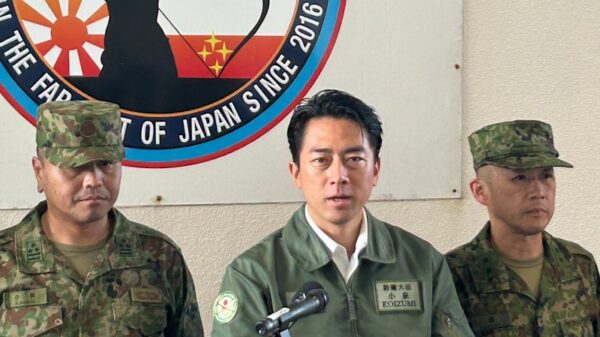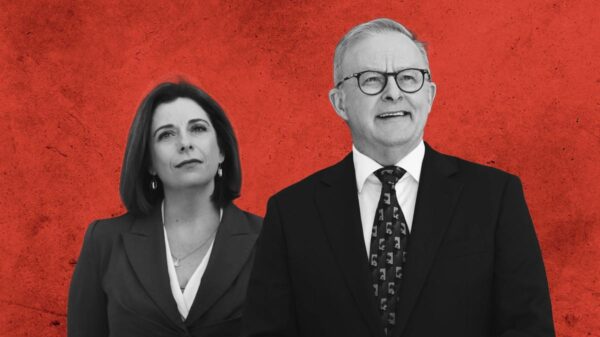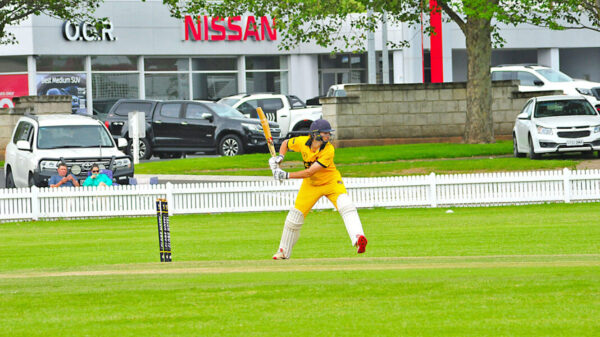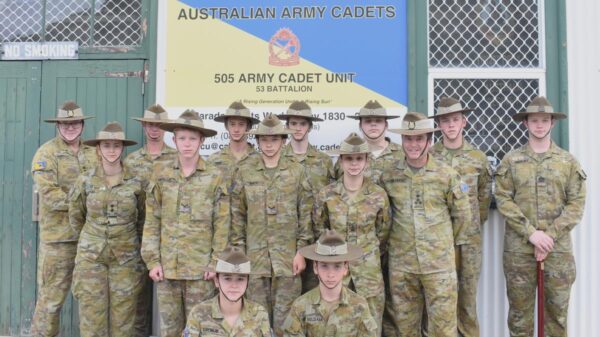UPDATE: Tensions erupted at a Labor caucus meeting on October 3, 2023, as outspoken MP Anthony D’Adam faced a fierce backlash for criticizing Premier Chris Minns over his stance on the Gaza conflict. The meeting, held just before midday, transformed into a chaotic scene as D’Adam spoke against a diluted motion condemning “the destruction of Gaza” and “mass civilian deaths.”
D’Adam argued that Minns was misaligned with community sentiments, particularly among the Arabic diaspora in Sydney’s western suburbs. His comments ignited a barrage of heckling from up to a dozen ministers, creating an unprecedented atmosphere of hostility within the typically collegial Labor Party environment.
Sources present described the interjections as “brutal,” with one MP stating, “They were convulsing with outrage. A fair number of people were screaming.” Former transport minister Jo Haylen went so far as to call for D’Adam’s resignation from both his position and the Labor Party.
The uproar included contributions from Lands and Property Minister Steve Kamper and Police Minister Yasmin Catley, who interjected forcefully from across the room. Treasurer Daniel Mookhey characterized the fracas as a personality conflict between D’Adam and Minns, emphasizing the internal strife brewing within the party.
Faced with the disunity, caucus chair Charishma Kaliyanda intervened to restore order, while assistant minister Greg Warren successfully passed a gag motion to silence D’Adam. In a stark contrast, fellow MPs Sarah Kaine and Lynda Voltz had previously spoken without facing similar backlash, focusing on substantive issues rather than personal attacks.
As the fallout continues, the Labor Party grapples with the implications of this internal conflict, raising questions about its cohesion and the future of its leadership. Observers now await further developments as the party navigates this turbulent moment.
Stay tuned for updates on this evolving story, as the Labor Party faces significant pressure to address both internal dissent and external public sentiment regarding its stance on international issues.





























































